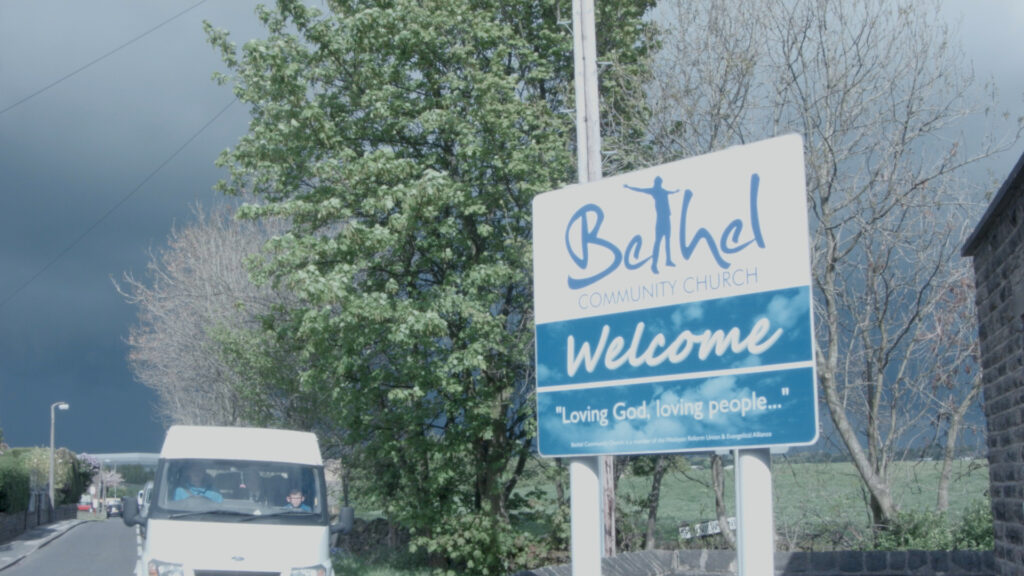Established in 1855 as part of the Wesleyan Reform Union, Bethel Community Church is located in the heart of Bierley (Bradford), an area of significant deprivation. Although once having a thriving Sunday School and youth group, the congregation had diminished to 12 adults by 2013. Things needed to change.
Struggling with low attendance and lack of leadership, they longed to build relationships with young people and families in the community and raise their quality of life. There were two major issues in their community: isolation and poor mental health.
How could they develop a sustainable project that could address needs in a deprived community, use the church as a social centre and transform their stagnation and attrition as a congregation?
What was needed
Bethel needed a strategy. We developed a theory of change rooted in the belief that by creating contexts for friendship, care and fun, they could draw people into a supportive faith community and enhance social cohesion. Once the method was clear, a development plan evolved with specific targets to deliver groups, enhance leadership and increase accommodation.
“Futurekraft has been a lifeline for Bethel as my ministry is strongly pastoral and my weaknesses are strategic thinking and vision for the church. Futurekraft were able to come alongside and develop a plan and vision for the future. This took a lot of patience but we slowly worked out our theory of change. We are still benefitting from their work. We are very grateful.”
Rev Chris Barnes, Bethel Community Church
What we achieved
The development plan has crucially kept the leadership on track in their decisions. They have engaged in limited fundraising because the plan favoured partnership work with three local youth and community organisations.
Over the past six years, Bethel have built a weekly programme of activities which includes after-school drop-ins; young leaders’ training and a children’s congregation, supporting 30-40 young people. Partnership with a youth charity allows them to employ a youth worker to run this programme.

Other developments include a Thursday tea-time service which reaches local people who may struggle with isolation or mental health. It is a truly inter-generational expression of church, with youth volunteers, adults and children. A second Sunday service has also been launched for families at a local community centre; and a calendar of regular community events is transforming their building into a venue for social interaction.
